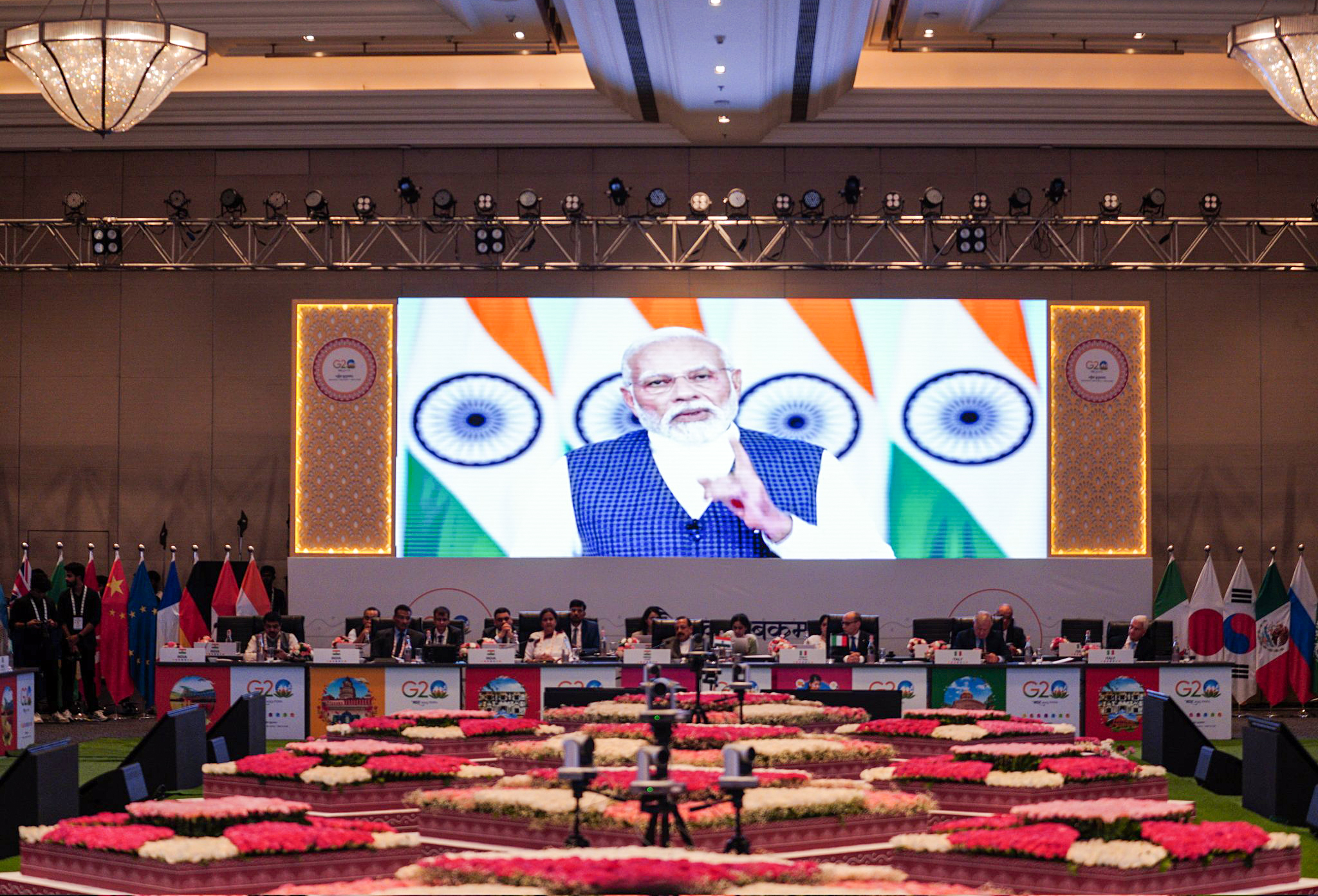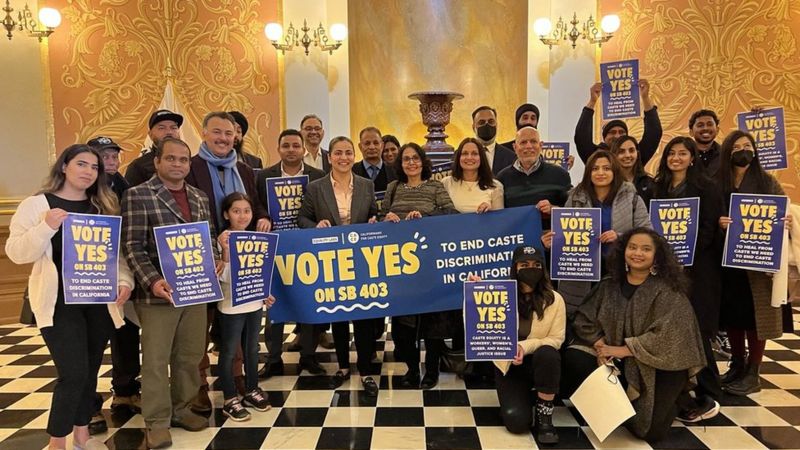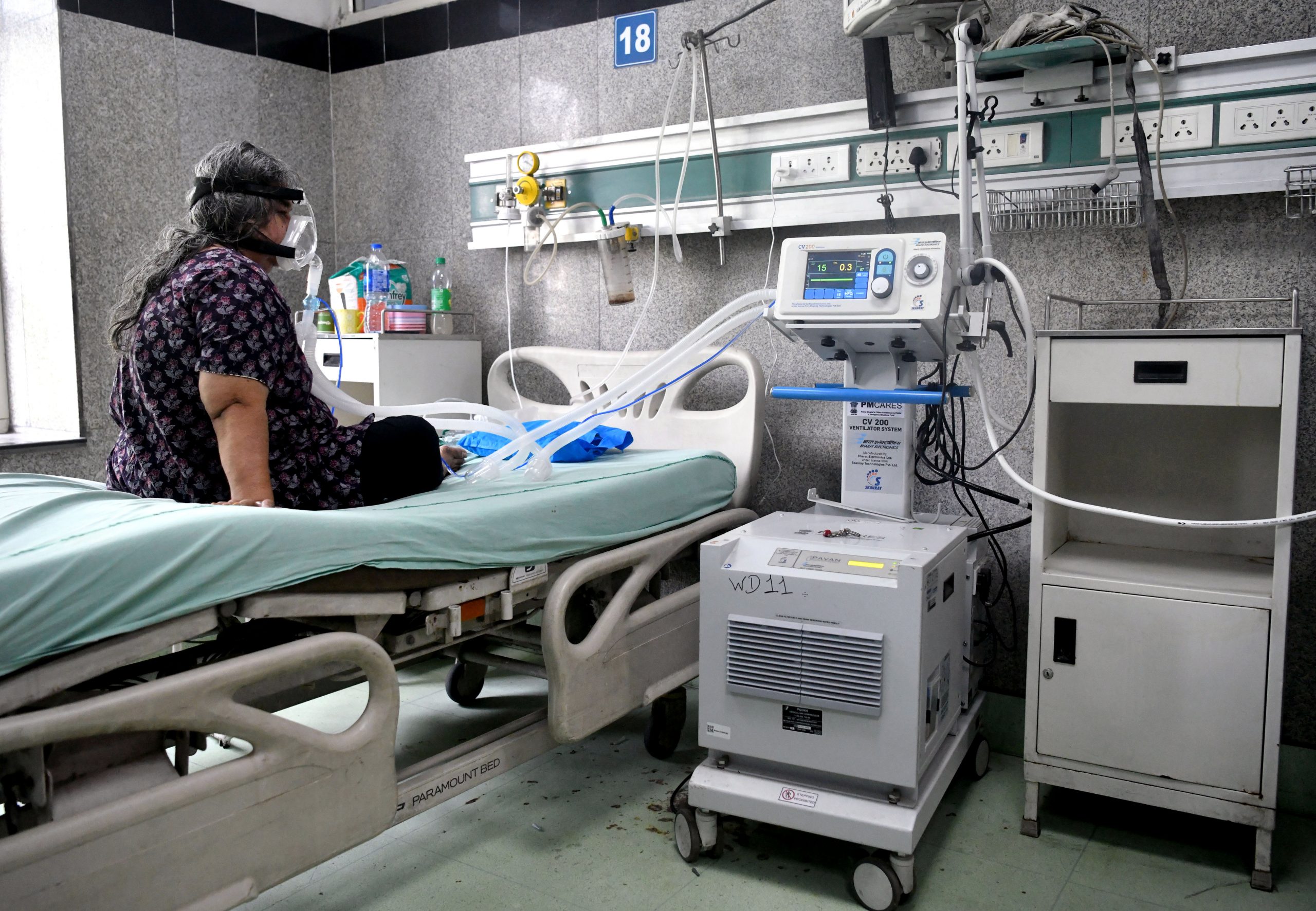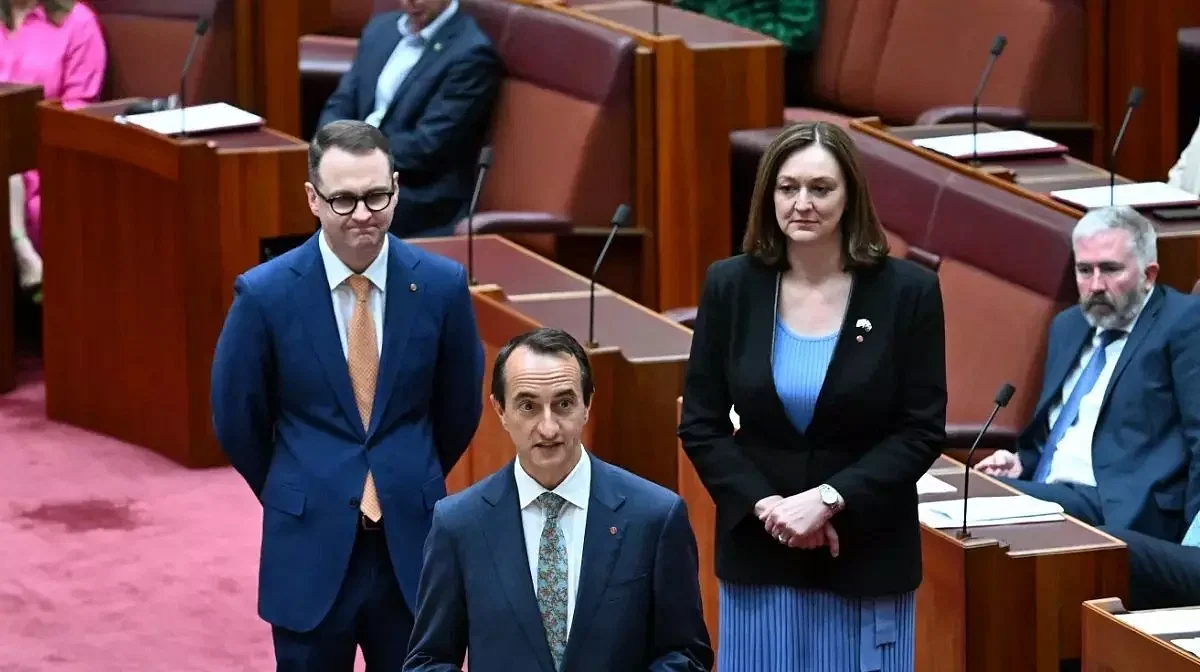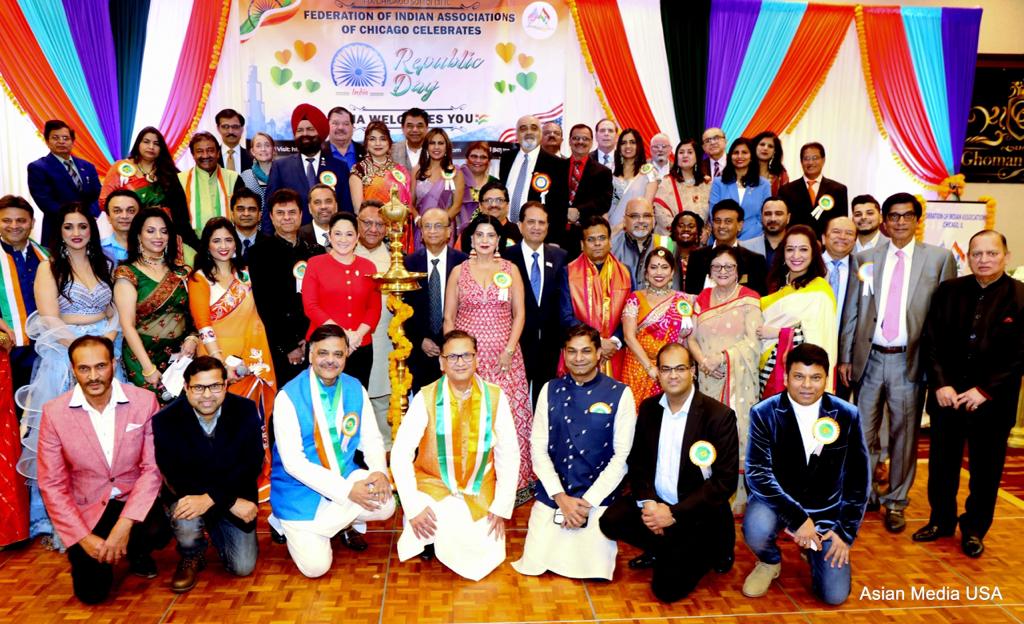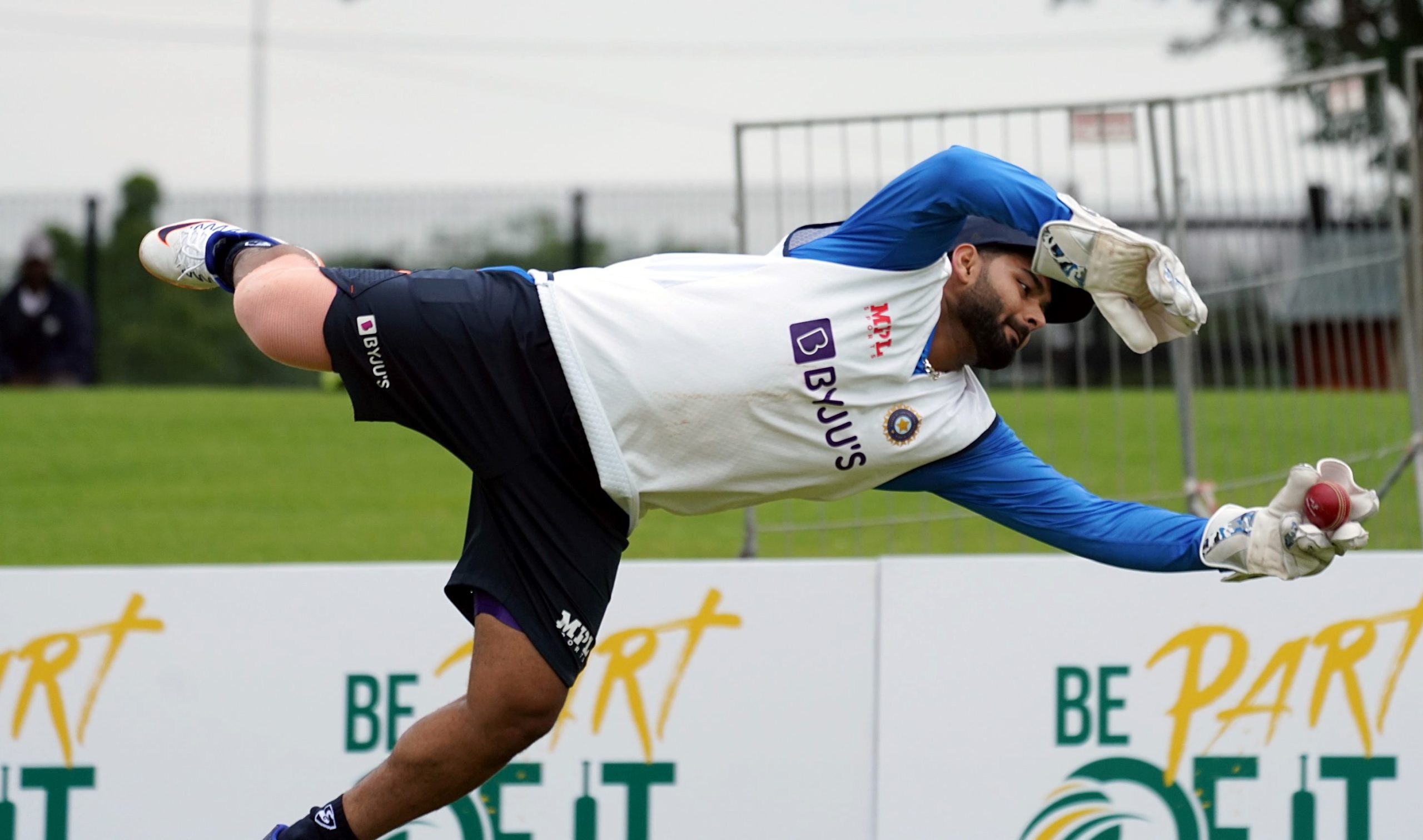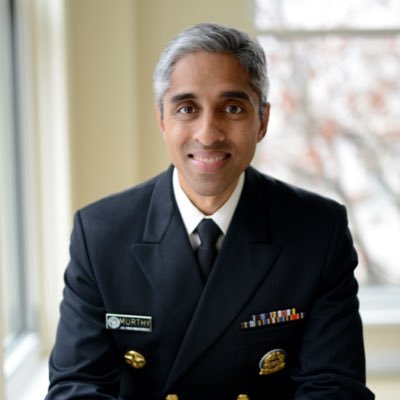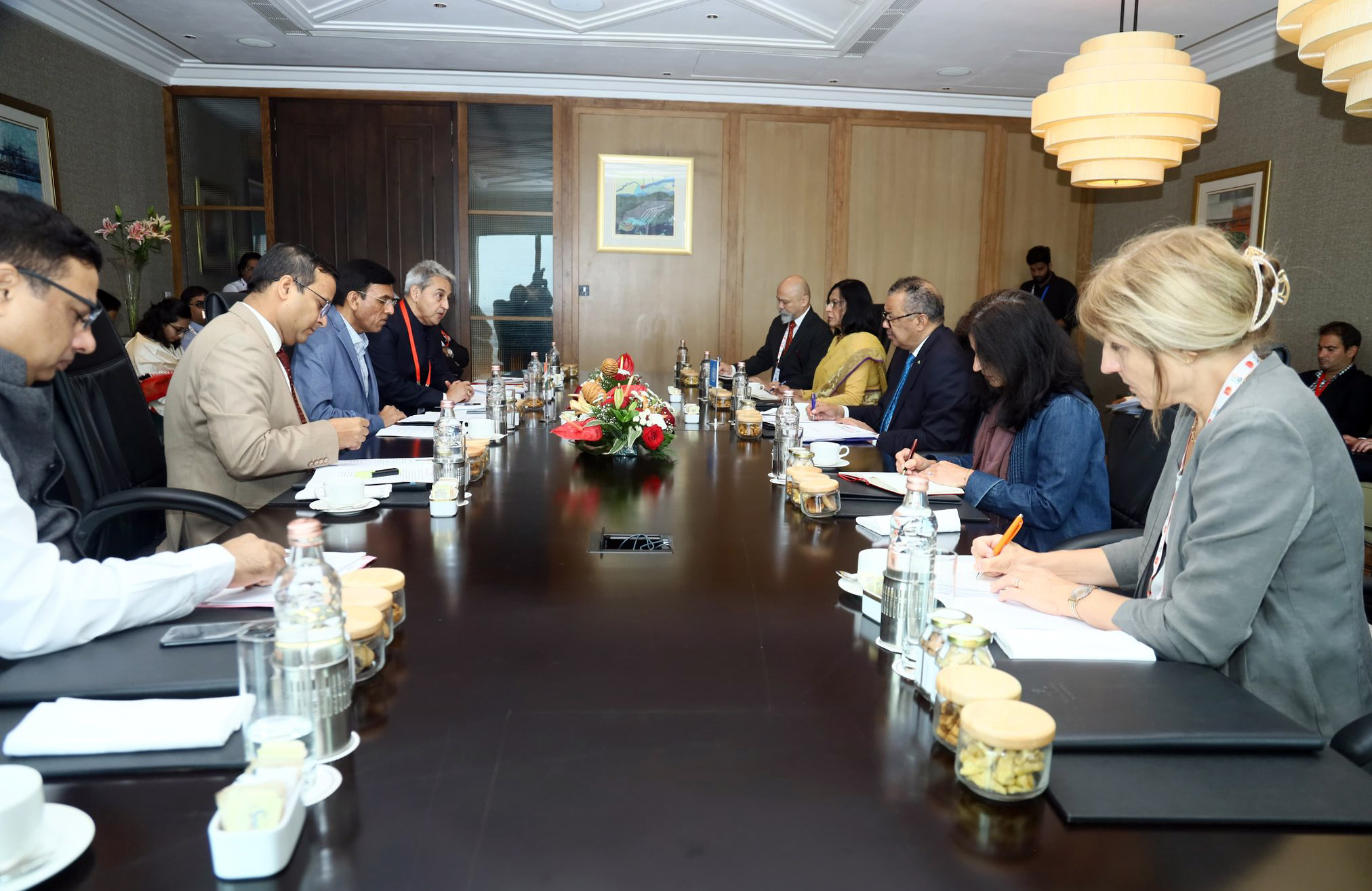India has a unique opportunity to redefine and refocus the G20 agenda to reflect interests and priorities of the Global South. India is looking to create mechanisms that strengthen the capacity of developing countries, says Anil Wadhwa
The baton of the G20 presidency has been passed on to India. Collectively, the G20 nations have delivered important results in relieving debt burdens, rationalizing international taxation, capital and liquidity requirements for banks, recapitalization of the IMF, stabilizing the financial situation during the 2008 global financial crisis, creating a Debt Service Suspension Initiative, ensuring overall macroeconomic stability. Over the years, the G20 has also worked to widen its agenda to include issues like corruption, terror financing, jobs and social security, drug trafficking, migration, agriculture and food security, health and climate change.
Building on these achievements, India is geared up to deliver an inclusive, ambitious and action-oriented presidency. The world faces a geopolitical crisis due to the conflict in Ukraine. There is the challenge of global breakdowns in supply chains, the crisis of climate finance and climate action, and seventy countries in the world are facing a debt crisis. 200 million people in the world have gone below the poverty line while 75 million people have lost their jobs.
Inclusive Diplomacy
The UN Security Council has seen gridlocks due to geopolitics. China dominates as many as 15 of the world’s multilateral institutions in a strategic and calculated takeover; the UN System badly needs reforms, and the G7 is perceived as an elitist, rich country grouping. Against this backdrop, the G-20 is seen as a promising forum with the right mix of industrialized and developing economies and more representative of the current global balance of power and influence. As the world’s largest democracy, the fifth largest economy, and the most populous nation in the world, India has pursued a policy of strategic autonomy in recent times and has the heft and credibility to act as a consensus maker.
Prime Minister Modi has stated on the eve of India taking over the Presidency that India has some notable achievements to its credit, including the scalability of digital technologies, collective decision-making and democracy, a governance model of taking care of the marginalized while nurturing the creative genius of youth, and making national development a citizen-led “people’s movement.” India is successfully leveraging technology to create digital public goods that are open, inclusive, and interoperable which has delivered revolutionary progress in social protection, health insurance, vaccination and tracking; financial inclusion, and electronic payments.
It is the only country in G20 which is well on track to achieve its Nationally Determined Contributions for climate mitigation under the Paris Agreement. PM Modi has launched the LiFE (Lifestyle for Environment) movement in India, making the adoption of successful lifestyles a mass movement These will be useful templates, as India’s G20 priorities will be shaped in consultation with not only the G20 partners but also its fellow travellers in the global South, whose voice often goes unheard.
India plans to host the most inclusive G20 meetings with delegates from 19 countries and the European Union plus over 800special invitees from Bangladesh, Egypt, Nigeria, Oman, Singapore, Mauritius, the Netherlands, Spain and the UAE, many international bodies, and business leaders who will attend the 200 meetings in 55 cities over the coming year.
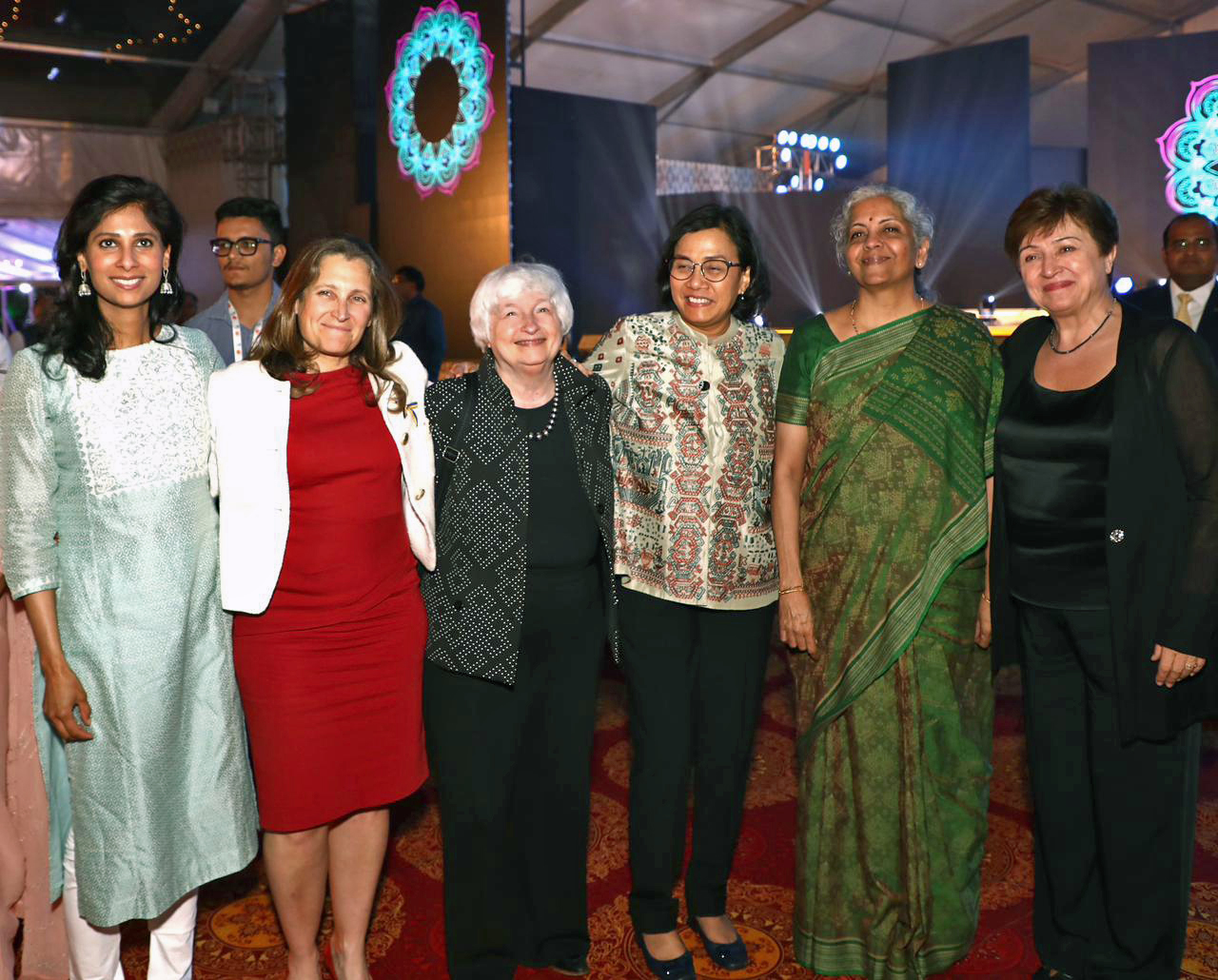
New Initiatives
India has already outlined a vision of shaping a new paradigm of humancentric globalization. According to Prime Minister Modi, this is to be achieved by encouraging sustainable and environment-friendly lifestyles, depoliticizing the global supply of food, fertilizers, and medical products to avoid humanitarian crises, and encouraging an honest conversation on mitigating risks posed by weapons of mass destruction which will contribute to global security.
But most importantly, according to External Affairs Minister S Jaishankar, India is emphasizing the role of technology in deciding India’s geopolitical positioning as it would play a key role in striking technological and strategic alliances in a multipolar world.
As Prime Minister Modi has said, all living beings and inanimate objects are composed of the five basic elements of earth, water, fire, air and space.
India’s G20 presidency will promote this universal sense of oneness, which is embodied in the theme – “One Earth, One Family, One Future” and the Vedantic doctrine of “Vasudhaiva Kutumbakam” – the world is one family.
India has identified some priority issues – growth and prosperity, resilient global supply chains, small and medium enterprises, logistics, reforms in multilateral institutions like WTO, IMF and World Bank and women–led development under its G 20 presidency.
India is expected to take the lead in setting up new initiatives on disaster risk and resilience and Start Up 20.
India is likely to propose a common digital platform for ease of cross-border trade, a legal aid system for developing countries for dispute settlement in WTO, ways to eliminate distortionary non-tariff measures for developing countries and LDCs, and a framework to address crucial issues at the WTO in clearly defined circumstances like the Covid 19 pandemic.
Establishing an online digital portal that offers integrated trade and business information for market research by MSMEs is another proposal under consideration. It is also proposed to evolve common principles to facilitate decentralized trading, and inclusive trade action plan that defines clear objectives for driving inclusion in goods and services trade, and evolving principles to ensure food security through remunerative prices of farm goods.
Geospatial mapping of global value chains for critical and essential sectors, network restructuring, supply chain management solutions and building awareness of risks of acute supply chain disruptions is another priority.
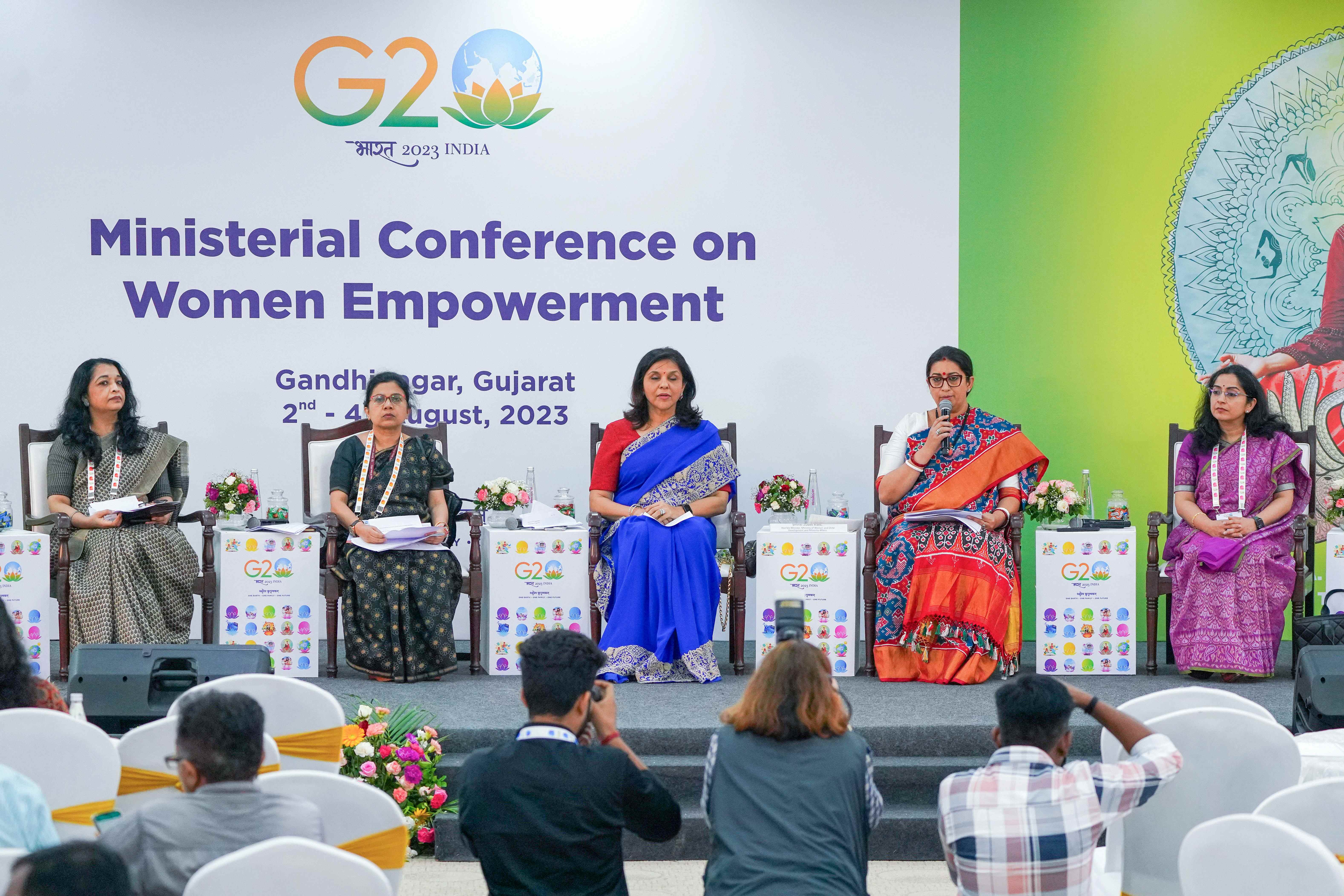
India has a critical role in ensuring global health security and the production and distribution of vaccines and can act as a credible voice of the developing world on the issue of food security, Sustainable Development Goals and climate finance. It has taken the lead in WTO with South Africa for a waiver from intellectual property protections of Covid-19-related medical technologies as well as related equipment.
South-South Agenda
In Africa and Latin America, and more widely in the global South, there has been a lot of interest in the digitally enabled delivery platforms developed by India, which has shown that social security is not just a wealthy society’s prerogative.
The Global South has proved by example the usefulness of digital advancement by distributing free foodgrains to 800 million poor and direct benefit transfer to 450 million beneficiaries. Citizens of most developing countries do not have any kind of digital identity. Almost 2 billion people do not have bank accounts and around 130 countries do not have fast payment mechanisms. As G20 Chief coordinator Harsh Vardhan Shringla notes “India’s experience has shown that if digital architecture is made widely accessible, it can bring about socioeconomic tr1nsformation. The use of
digital technologies, if used judiciously, can become a force multiplier in the fight against poverty”. India’s success with the Unified Payments Interface (UPI), Direct Benefits Transfer and Aadhar authentication in welfare schemes has growing relevance to the developing world. The use of the CoWIN platform has enhanced vaccine accessibility and equity. Digital India could provide a technological model for global solutions of development and welfare at a low cost, which in turn will facilitate growth. The principle of “data for development” will therefore be an integral part of the overall theme of India’s tenure.
Under its presidency, India is determined to create mechanisms that strengthen the capacity of developing countries to tackle health crises such as the Covid 19 pandemic.
India will work with the developing world to create a holistic, global health architecture that can respond better to future health crises. According to Shringla, India’s G20 Chief Coordinator, “new approaches are needed to intellectual property, innovation and co-development of health technology to ensure a more inclusive response to health crises”. “The focus”, he says, must be on “the benefits that technological progress and evidence-based policy can provide us when it comes to expanding access to health”.
India will hope to emerge from its G20 presidency as a global agenda setter, a driver of inclusive global growth for global good, and a constructive consensus maker.
The well-developed and efficiently functional Development Promotion Programmes of India in Africa and Asia, the Pacific as well as Latin America, including ITEC which enhances education, skilling and specialization, can be used to promote a South-South Agenda and create constituencies for India in these countries. The Lines of Credit can be focused to advance the G20 agenda for common development.
But for all this to come together and succeed, India will need to ensure that the government, business, academia, educational institutions, opinion makers, media and the public at large work in unison. India’s G20 presidency will represent the most vulnerable in the world and will aim to enhance inclusivity and intra-South economic integration.
Anil Wadhwa was Secretary (East) in the Ministry of External Affairs, and has served as Ambassador to Poland, Oman, Thailand and Italy. Currently, he is a Distinguished Fellow with the New Delhi-based Vivekananda International Foundation
















